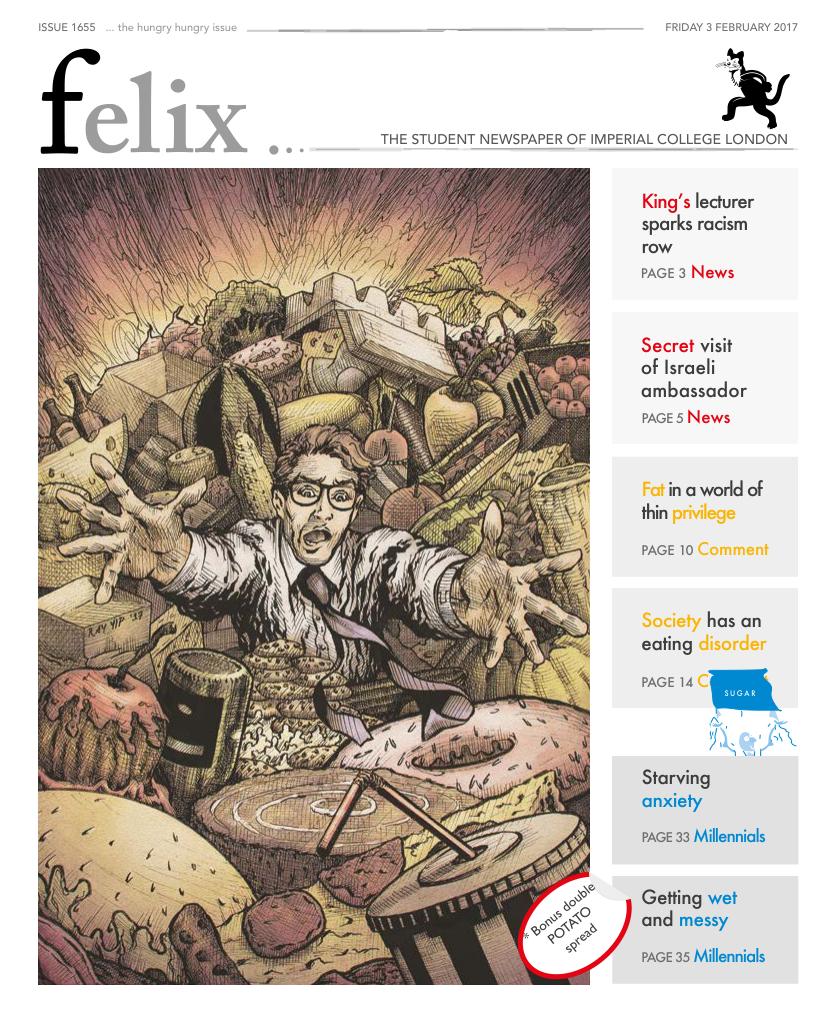Is meat really manly?
Man want meat | Is society killing men?

I guess I’ll start with a controversial, but factual statement: Men don’t live as long as women do. Now, would you believe that this and so many other gendered beliefs affect our health habits, including the foods we choose to eat? An article in The Washington Post piqued my interest lately, focussing on today’s relationship between meat-eating and gender. It all actually may seem pretty old-fashioned – not all females like to dine on dainty pretty kale salads dressed in hibiscus flowers and not all men live for burgers and the Union’s curly fries (had to throw that one in as an old Beit-timer, sorry). However, research shows these assumptions truly have historical grounding. In fact, these eating patterns, socially influenced or not, could help explain why men are at higher risk of heart disease and some cancers. Perhaps our ideas about masculinity do negatively affect our health.
Professor Luke Zhu at the University of Manitoba and Joop de Boer, a retired social psychologist, detailed that eating unhealthier food is psychologically associated with masculinity, particularly energy-dense and strong foods. Conversely, femininity markers include eating pasta salad and fruit, or rice and vegetables with wine for dinner.
It’s clear to see the health implications here: Overall, women, who are more likely to be more health-conscious anyway, are choosing foods with more fiber and antioxidants, while men tend to overdo it on saturated fat and empty calories. The only exception here is that women are more likely to have that glorious (but dainty!) chocolate pudding with cardamom-vanilla ice cream speckled with bits of chocolate sable. Anyway.
One particularly interesting angle in this research is that men and women who see masculinity and femininity as less separate categories aren’t too different in their meat preferences, while those with traditional gender beliefs are more likely to eat more meat if they’re men. Turns out it’s all a psychological thing, meat having patriarchal notions of power and performance.









